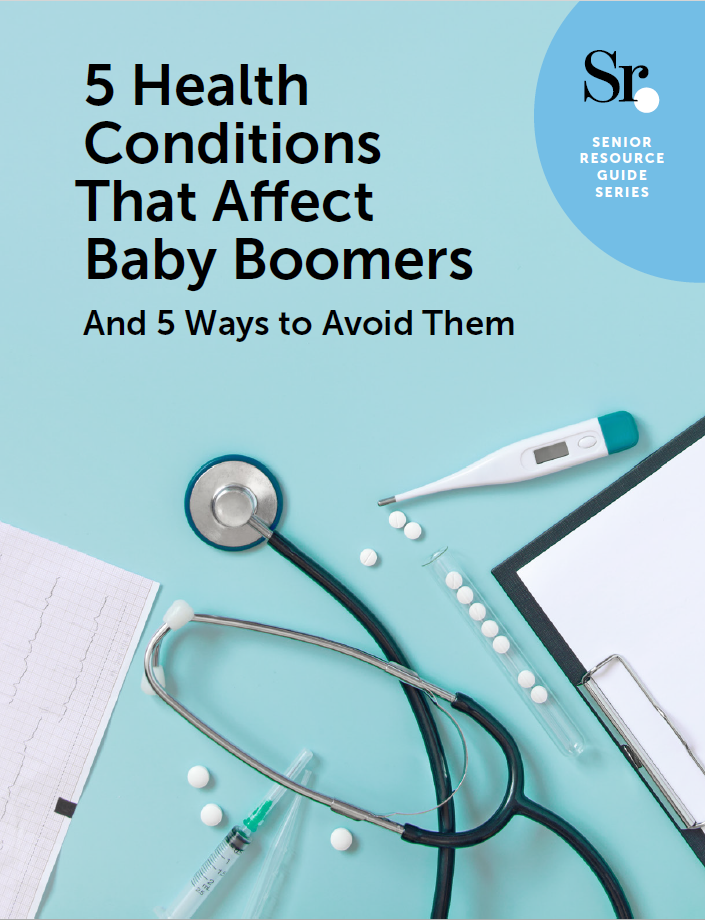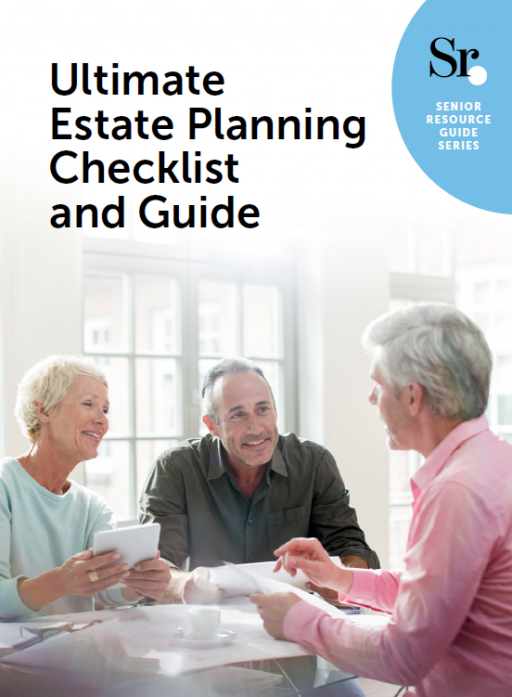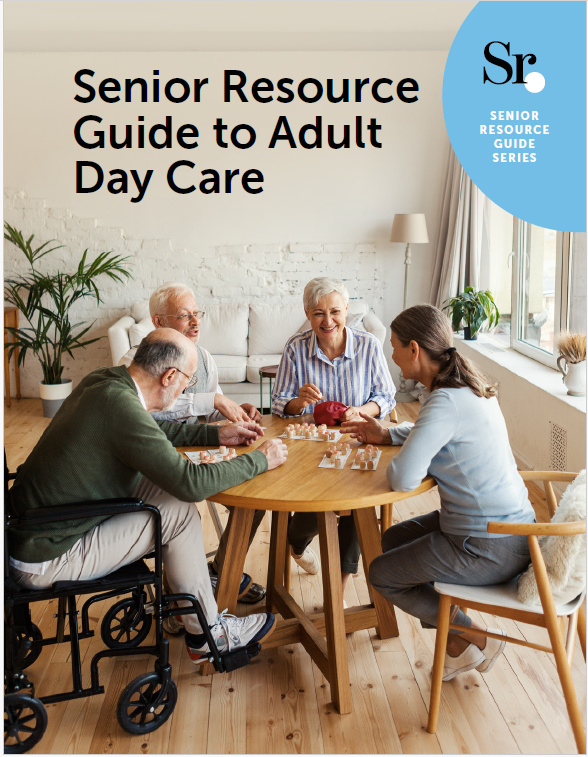What is Sundowning? 7 Essential Things You Need to Know
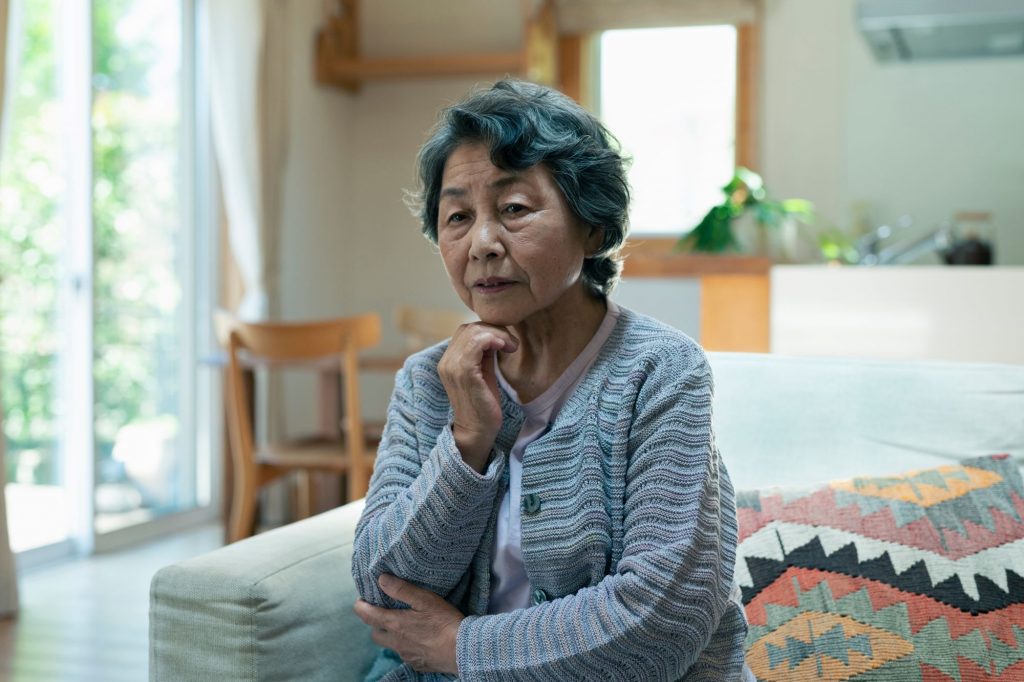
Sundowning, also known as sundown syndrome, is a group of behavioral changes that can occur in people with dementia, especially Alzheimer’s disease. These changes typically begin in the late afternoon or early evening and worsen as darkness falls. However, it’s important to note that sundowning can occur anytime—not just at night. If you or a loved one are currently experiencing this delirium, you’re in the right place. Here are seven essential things about sundowning that you should know.
What Triggers Sundowning?

The exact cause of sundowning is unknown. However, medical professionals believe that it happens due to changes in the brain that affect the internal body clock, leading to disorientation in the dark. Additionally, there are other factors that may contribute to sundowning. Some of these include:
- Changes in the circadian rhythm: The circadian rhythm, also known as the sleep-wake cycle, is a natural internal clock that regulates various bodily functions, including sleep and wakefulness. Dementia can disrupt this rhythm, leading to increased confusion and agitation in the evening hours.
- Low lighting: As daylight fades and shadows lengthen, the environment can become more disorienting for people with dementia. This, in turn, can make it harder for them to navigate and understand their surroundings. This can lead to increased anxiety and agitation.
- Sensory overload: Dementia can impair the brain’s ability to filter out sensory information. This may lead to feeling overwhelmed by sights, sounds, and other stimuli. This sensory overload can worsen in the evening when there is less natural light and more shadows.
- Exhaustion, hunger, pain, or other unmet physical needs: Unfortunately, as dementia progresses, it can muddle hunger and thirst cues. In turn, hunger, pain, and other unmet physical needs can worsen sundowning symptoms.
- Depression and anxiety: Depression and anxiety are common co-occurring conditions in dementia. Unfortunately, they can worsen sundowning symptoms. Treating these conditions can help improve overall well-being and reduce sundowning severity.
It’s important to identify these triggers and modify the environment accordingly. For example, keep the room brightly lit, remove clutter, and minimize noise to promote a peaceful atmosphere. You can also create a daily routine that incorporates relaxation activities, such as listening to music or reading books.
What Are the Symptoms of Sundowning?
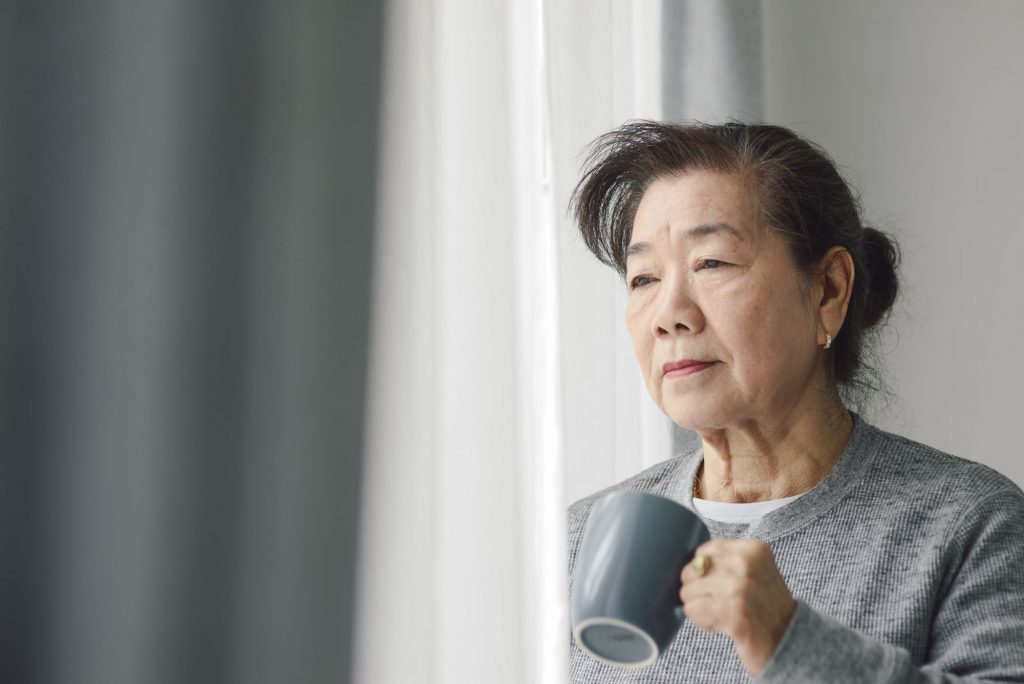
People experiencing sundowning may exhibit a range of symptoms and behaviors, including:
- Increased confusion and agitation: As the day progresses, individuals with dementia may become increasingly confused and agitated. They may struggle with tasks they typically find easy and become easily frustrated or upset.
- Restlessness and pacing: Sundowning can manifest in physical restlessness, such as pacing, fidgeting, or even rocking in a chair. Individuals may feel unable to settle down and may move around constantly.
- Wandering: Sundowning can also trigger wandering behavior. Individuals may leave their homes or wander aimlessly, often due to disorientation and confusion.
- Insomnia: Sleep disturbances are common in sundowning. Individuals may have difficulty falling asleep, wake up frequently during the night, or experience early morning awakening. This lack of sleep can worsen sundowning symptoms the following day.
- Violence: Unfortunately, sundowning can lead to aggression, which in turn can cause someone to act out with violence.
- Paranoia: Suspiciousness and paranoia may increase during sundowning. Individuals may believe someone is threatening them or attempting to harm them. Some individuals may even experience hallucinations.
Additional symptoms may include mood disorders, such as anxiety or depression. If you’re caring for someone with Alzheimer’s disease or dementia, it’s crucial to recognize the patterns and triggers that lead to these symptoms. Understanding these patterns can help you manage sundowning more effectively.
How Can I Manage Sundowning?

Managing sundowning is essential to maintain one’s quality of life. A few strategies include maintaining a regular routine, avoiding overstimulation before bedtime, reducing background noise, and keeping the environment calm and relaxing. Additionally, certain medications may help manage sundowning symptoms, such as antidepressants, anti-anxiety medications, and even melatonin. Nonmedical treatments may include music therapy and light therapy.
How Can I Create a Structured Routine?

A structured routine can be a helpful tool in managing sundowning. By establishing a consistent schedule of activities, you can help reduce anxiety and confusion. First, it’s important to create a relaxing and calming bedtime routine. This can significantly decrease nighttime agitation and help promote better sleep habits. Develop a regular sleep routine that encourages relaxation and reduces anxiety. This routine can involve taking a warm bath, drinking herbal tea, and practicing deep breathing techniques. Make sure to avoid caffeine and get regular exercise! While it’s okay to take the occasional nap, make sure it’s not a long or evening nap. Consistency is the key!
How Can I Offer Support to Someone Experiencing Sundowning?

If you are a caregiver supporting someone with sundowning, be patient. Staying calm and relaxed can also help reduce anxiety. You may want to consider seeking support groups or speaking with your healthcare provider about resources, such as respite care. Caring for someone with sundowning can be challenging and stressful. Practice compassion, patience, and empathy. Validate their feelings and actually listen to what they say. Also, remember that they may not have control over their behavior, and it’s not their fault. Help them establish a routine and take care of themselves. Of course, don’t forget to take care of yourself, too!
Are there Medications That Can Help Treat Sundowning?

While there is no specific medication that targets sundowning, certain medications may be used to manage specific symptoms associated with sundowning. These medications should be prescribed and monitored by a healthcare professional, as they may have side effects and should be used with caution. Antidepressants, antipsychotics, and melatonin may be prescribed by a healthcare professional in certain cases. While this may be a viable option, it’s important to remember that every individual responds differently to medication. Make sure to monitor the medication for potential side effects and tell your healthcare provider if it’s not actually making a difference.
The Importance of Seeking Professional Help

Finally, if you or a loved one are experiencing symptoms of sundowning, seek professional medical advice sooner rather than later. They can monitor the condition and create a treatment plan. It’s essential to follow their instructions strictly and keep them updated on any changes in symptoms. If your loved one has been experiencing sundowning for a while, it’s still important to seek out a healthcare provider. Some individuals with dementia or Alzheimer’s may experience health issues they can’t communicate to you. Regular health screenings and tests can help maintain one’s health and quality of life.
To Sum It Up

Sundowning can be challenging to manage. However, with proper understanding and a treatment plan, people with this condition can continue to live happy, fulfilling lives. If you’re still looking for more great articles like this one, then be sure to check these out next:
- 8 Benefits of Adult Day Care Programs for Seniors with Dementia
- 10 Proactive Choices You Can Make Today to Avoid Dementia
- 11 Essential Tips for Supporting a Loved One with Dementia
- Can Adult Education Classes Help Lower Your Risk of Developing Dementia?
- Reduce Your Risk of Dementia with These 7 Healthy Lifestyle Choices
- Understanding Different Types of Dementia
Popular Articles About Alzheimer's and Dementia
Originally published November 28, 2023





